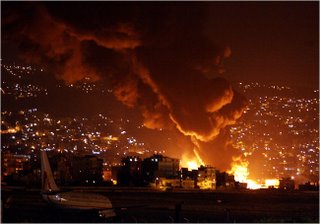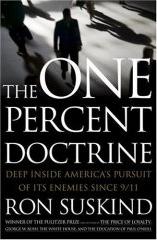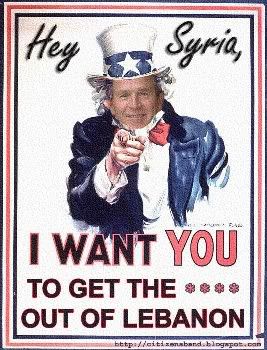This post is a followup to Saturday's "Selling Out on F-16s"Well folks, it may not have the allure of 50 Cent versus The Game, but there's beef afoot in the blogosphere!
This past weekend I was debating Mr. Adnan Gill of
Owl's Tree, a journalist who "frequently writes articles in national and international news media." The latter raised a couple of points worth mentioning, but before I get to that I want to point to my readers to
a post Mr. Gill subsequently made in which he resorted to ad hominem attacks implying that I was somehow disingenuous or less-than-forthcoming on this site about my identity.
I find the claim that I am hiding behind an Internet alias to be not only inaccurate, but humorous when considering that Mr. Gill got my email address from my profile on this site, where my full name and status as a student in Maryland is given. (An undergraduate at the University of Maryland, College Park for those who care to know.) While I am of Indian ethnicity, I was born and raised here to parents that are American citizens and have lived here for over twenty years. My pride in my heritage does not translate into a blind nationalism for a country that I do not really have any ties to. And I will be first in line to criticize India when their actions merit it, such as when religious strife is permitted or the rights of minorities are not protected. Had Mr. Gill chosen to question me on
India's close ties to Iran as an energy source, I would admit that I find these actions in conflict with the U.S.'s attempt to isolate the "rogue state".
Mr. Gill, as he mentions on the home page of his site, is a political commentator whose work has been seen in many publications. In the interest of full disclosure, however, I think it is worth mentioning that he also happens to be a
writer for the Pak Tribune, an Islamabad-based online news service. I believe it's only fair that this bit of information serve as a disclaimer to a site which posts entries with titles like "Come India, the myth is busted", "Indians behind masks" and "Indians, eat your hearts out!"
He said of me, "If I didn't know any better, I would say you are Indian." Whereupon I might speculate that he is from Pakistan or some other Muslim country. This point is actually irrelevant. Mr. Gill's affiliation does not detract from the value of his argument; it is, however, a reminder not to throw around claims of disingenuity or bias when they are unwarranted.
As to the actual matter at hand, I'll say this. India, situated in a dangerous "neighborhood", must have the means to protect itself. As a peaceful
democracy, I would argue that it has earned that right. In my opinion, it is in the U.S.'s interest to promote India's economic expansion and military strength because they are a free country in South Asia whose growth as a world power is needed to balance the region. (An unstable dictatorship in Pakistan, India's other struggling small country neighbors, and the burgeoning power of communist China.) Nick commented on my previous post that Musharraf in charge of Pakistan is better than the fundamentalists, and with that I obviously agree. Still, we must not forget that democracy has intermittently existed in Pakistan in years past. With elements of democracy now coming to such unlikely places as Palestine, Ukraine, and Saudi Arabia, perhaps it's not too much to hope for a healthy democracy in Pakistan's future. That, I think, is the key to a lasting positive future for Indo-Pakistani relations.
I opposed the release of the F-16s to Pakistan because I do not want anything to escalate tensions between India and Pakistan right now. Recently, constructive measures have been taken to reduce hostilities, such as the creation of a
bus line linking divided Kashmir. Why then, when such progress is being made, introduce a new point of contention into the equation?
All can agree, I think, that the one element of rivalry worth preserving between the two nations is in cricket. I understand that Pakistan apparently
won a thrilling victory today--Mr. Gill, I surmise, should be pleased. As for me, I suppose it's a betrayal of my Indian roots that I've never seen a cricket match in my entire life--and the big sports event I'm eagerly awaiting is baseball's Opening Day! The only "mask" this Indian has ever put on is a catcher's mask.
The purpose of Citizens Band is not to provide political "spin" or to be a source of one-sided commentary. I try my best to adhere to the oft-quoted Daniel Patrick Moynihan maxim "
everyone is entitled to his own opinion, but not his own facts." On that note, I thank Mr. Gill for providing an opposing perspective to my stated thoughts, and for prodding me to illustrate in greater detail my rationale for my position. These kinds of exchanges, I hope, are beneficial to both parties and to the readers of our blogs. The more said, the better, as long as what's being said is about the
issue itself and not
who is saying it.





 In Tuesday's
In Tuesday's 


 The results of a study released in June by the
The results of a study released in June by the 